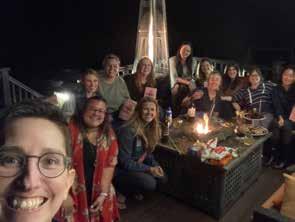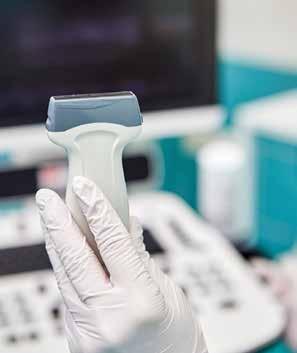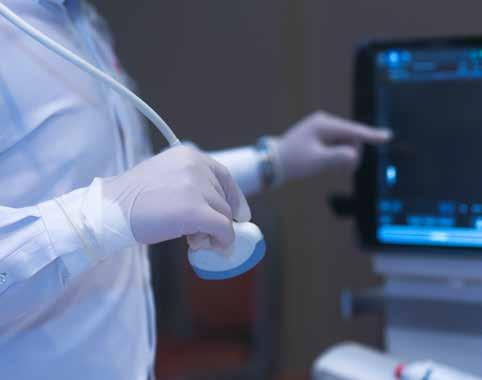AAEM/RSA NEWS
OUR MEDICAL EXPERTISE AND ABILITY TO SPEAK TO THE PERSONAL, HUMAN ASPECT OF THESE ISSUES IS A RARE COMBINATION THAT MAKES OUR VOICES INCREDIBLY UNIQUE.”
Your Voice STILL Matters Gregory Jasani, MD
Amazingly, the 2020 Presidential election is behind us. Whether your preferred candidate won or not, many of us will likely be thankful that our news programs and television ads will no longer be consumed by the campaign. As the election fades from the public discourse, it may be tempting to disengage from discussions about issues facing this nation. We must not let this happen. As physicians, we must continue to be involved in these conversations. This election cast a spotlight on many of the consequential issues facing this nation: racial inequality, the pandemic response, and the future of the Supreme Court to name a few. The candidates staked out their positions on the issues, and many of us used our votes to signal our support of these views. Yet these issues will outlast this election. The election of one candidate or party over another will not bring sudden fixes to these issues. Crafting and implementing policy is a much more nuanced and lengthy process than making campaign speeches. As our leaders transition from campaigning to governing, we need to make our voices heard and contribute to actively shaping the policies. As emergency medicine physicians, we have an invaluable perspective to lend to these discussions. Every day, we interact with some of the most vulnerable members of society. We have seen the devastating effects of food and housing insecurity, untreated mental illness, addiction,
and even systemic racism on our patients. Many of our patients are not in a position to advocate for themselves – but we are. We can speak to their condition and, unfortunately, can bear witness to their suffering. Continuing to be engaged on these issues is one of the most important ways that we can advocate for our patients. There are many ways we can participate in these conversations. Obviously, working directly with elected officials on policy is one of the most direct methods. Officials may seek your input on certain policy directives, or ask for advice on crafting legislation. Similarly, many nonprofit and advocacy organizations may seek out your expertise as they make their pitches to officials. Working with elected officials and advocacy organizations is a great way to use your expertise to help shape policy. There are also many ways that you yourself can make your voice heard, even if you are not working with elected officials or a group. The COVID19 pandemic has caused many physicians to become actively engaged with various forms of media. Whether it’s television, radio, podcasts, or even writing op-eds, making your voice heard on a media platform is an excellent way to add your voice to a debate. Similarly, many politicians, even after the election, will hold town halls with their constituents to stay engaged. Going to these events to interact with your politicians is another way to contribute your expertise to a discussion of policy. The election may be over, but the issues it highlighted will persist for years, if not decades to come. Our medical expertise and ability to speak to the personal, human aspect of these issues is a rare combination that makes our voices incredibly unique. We can take an active role in shaping these issues. Our continued involvement on these topics at the local, state, and even federal level is one of the best ways we can advocate for our patients.
AS OUR LEADERS TRANSITION FROM CAMPAIGNING TO GOVERNING, WE NEED TO MAKE OUR VOICES HEARD AND CONTRIBUTE TO ACTIVELY SHAPING THE POLICIES.”.
COMMON SENSE JANUARY/FEBRUARY 2021
49























